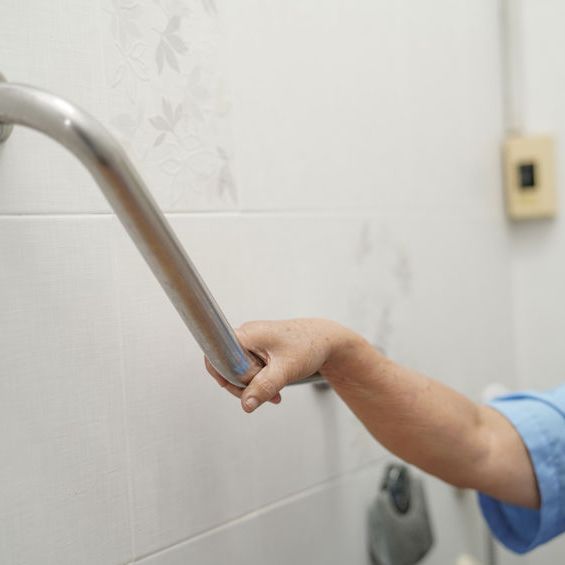iSavta | 21.03.2021

It can be very frustrating and sometimes even embarrassing to live with incontinence. Things become even more difficult if family and friends have no idea how to support the patient. Here are 5 tips to help you deal with a patient with incontinence.
- Understand the Condition
One of the first and best things you can do to assist someone with incontinence is to understand the situation. Take your time learning about its symptoms, causes, and how it can affect their everyday life. Doing so is the easiest way to show the person that you care.
A medical degree is not required because you can make a big difference as long as you learn the basics. Understanding the cause of your patient’s incontinence will let you respond in a more sensitive way while simultaneously providing the proper support.
- Recognize Their Emotional Needs
Incontinence has a significant impact on the emotional wellbeing of a person. Stress, depression, and anxiety are common in those with incontinence concerns. Just try to imagine how it feels to be constantly worried if you smell of urine or how scary it would be to step outside your house with worries of having an accident. To support your patient with incontinence, always remember that they might feel anxious when in public. Never make jokes about and give them lots of reassurance that you will be there to assist them.
- Practice and Show Patience
It can be very frustrating to feel the need to pee every 10 minutes or looking for the nearest public toilet when you are out and about. Your patient definitely doesn’t like the fact that they need to go to the bathroom several times a day nor do they like to keep an eye on a public comfort room when they go shopping.
Trying to hold it in until they get home might cause a distraction for the rest of the day, not to mention that it can make the experience a lot of pain and discomfort. If you let them know that it is fine with you to wait for 5 minutes while they take a trip to the toilet can make them feel comfortable and have a fun time instead of worrying about their bladder.
- Be Ready
Always make sure that you are armed with all the necessary supplies all the time. When you are ready for accidents, it will lower everyone’s stress levels and cause less disruption for the day. Wipes, gloves, a small towel, spare clothes, toilet roll, tape, a bottle of water, sealable plastic bags for the soiled clothes, and a compact air freshener are some of the things you need to prepare.
- Be Prepared for Change of Plans
The impeccable timing of dysfunctional bladders can make things unpredictable. Your plans can easily go awry at the last minute and this is why you should know how to adapt quickly. If you need to change plans or completely cancel them, take note that your patient might feel frustrated or even guilty. Make sure you are sensitive enough to their emotions and give them the assurance that you understand.



